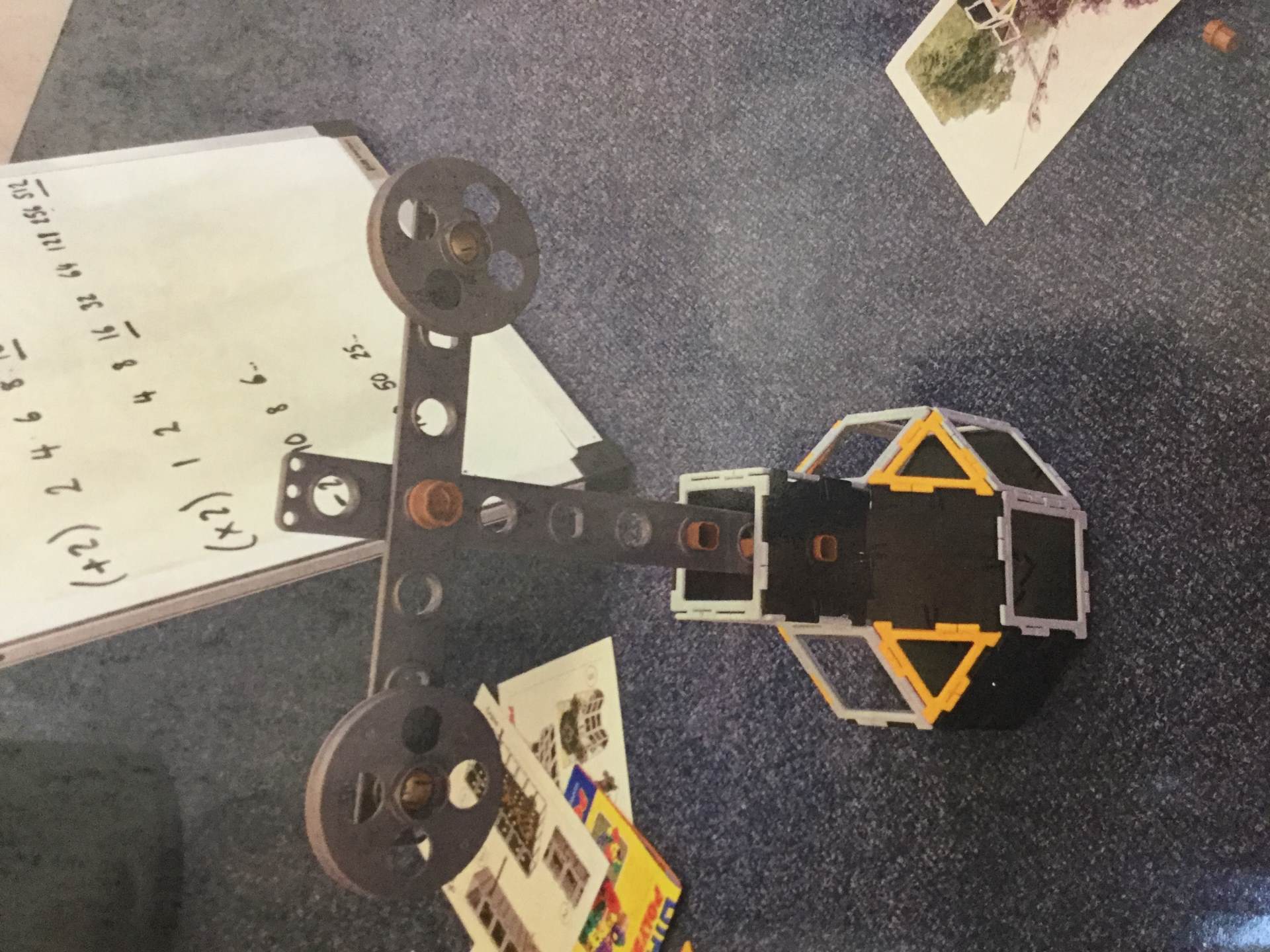Design & Technology
At Quarry Mount Primary School, our Design and Technology curriculum offers children meaningful, real-world contexts for learning. It is engaging, challenging, and hands-on, fostering creativity and innovation. Design and Technology at Quarry Mount focuses on solving real and relevant problems in today’s ever-changing world. It equips our pupils with the knowledge, skills, and understanding to design and make products or prototypes with a clear purpose and for specific users.
The National Curriculum for Design and Technology aims to ensure that all pupils:
-
Develop the creative, technical and practical expertise needed to perform everyday tasks confidently and to participate successfully in an increasingly technological world
-
Build and apply a repertoire of knowledge, understanding and skills in order to design and make high-quality prototypes and products for a wide range of users
-
Critique, evaluate and test their ideas and products and the work of others
-
Understand and apply the principles of nutrition and learn how to cook
Our Design and Technology curriculum at Quarry Mount Primary School is carefully designed and tailored to meet the needs of our pupils, ensuring full coverage of the key areas defined in the National Curriculum: structures, mechanisms, textiles, food technology, and digital systems. Our curriculum follows the four essential stages of Design and Technology learning as outlined in the National Curriculum: research, design, make, and evaluate.
1) During the research stage, pupils investigate and explore user needs, existing products, and relevant contexts to develop a clear understanding that informs their own design ideas. This stage encourages them to ask questions, conduct simple product analyses, and gather information to support creative problem-solving.
2) In the design stage, pupils generate and develop their ideas through annotated sketches, plans, and models, considering functionality, user requirements, materials, and appropriate tools. They learn to communicate their design intentions clearly and purposefully.
3) The make stage focuses on the practical application of skills and knowledge. Pupils select and use appropriate tools, materials, and techniques with increasing accuracy to create functional prototypes or products. This stage supports the development of craftsmanship, creativity, and technical understanding.
4) Finally, the evaluate stage requires pupils to test and assess their products against their original design criteria and user needs. They reflect on the effectiveness of their solutions, suggest improvements, and learn to give and receive constructive feedback, fostering continuous improvement.
Pupils will be taught to develop their practical skills through a range of design and making tasks, with a focus on creativity, problem-solving, and innovation.
They will:
-
Use research and exploration to identify and understand user needs
-
Generate, develop, model and communicate their ideas through discussion, annotated sketches, diagrams and prototypes
-
Select from and use a wider range of tools and equipment to perform practical tasks accurately
-
Select from and use a wider range of materials and components, including construction materials, textiles and ingredients
-
Evaluate their ideas and products against design criteria and consider the views of others to improve their work
-
Understand how key events and individuals in design and technology have shaped the world
Teachers will plan a range of DT projects that offer pupils opportunities to:
-
Investigate and evaluate existing products and explore materials and processes
-
Explore and refine ideas through sketching, modelling, and discussion
-
Apply technical knowledge and understanding in practical tasks
-
Use tools and materials safely and accurately to construct their designs
-
Reflect on and improve their products throughout the making process
-
Learn about influential designers, engineers, inventors and chefs and apply knowledge of their work to inform their own ideas
-
Present and evaluate their final product, considering functionality, aesthetics and suitability for the intended user
-
Work on extended projects, sustaining effort and focus from planning through to completion
This structured and progressive approach ensures that Design and Technology is taught regularly, building skills systematically from initial research and design through focused making activities, culminating in purposeful and well-considered products. Through this, pupils develop the knowledge, skills, and understanding necessary to become confident designers and makers, prepared to solve real-world problems creatively and effectively.





 Quarry Mount Primary School
Quarry Mount Primary School